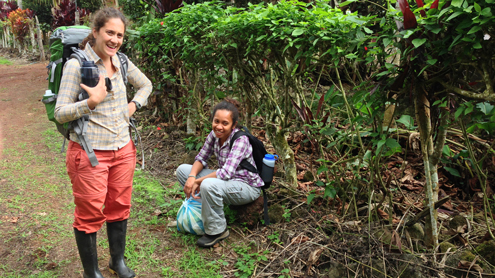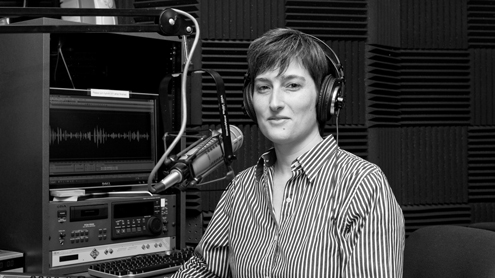Two University of Missouri–St. Louis graduate students spent the summer conducting fieldwork in the Galapagos Islands – a kind of mecca for biologists because of the endemic species that have evolved to adapt to the islands’ unique environments.


Two University of Missouri–St. Louis graduate students spent the summer conducting fieldwork in the Galapagos Islands – a kind of mecca for biologists because of the endemic species that have evolved to adapt to the islands’ unique environments.
Two University of Missouri–St. Louis graduate students spent the summer conducting fieldwork in the Galapagos Islands – a kind of mecca for biologists because of the endemic species that have evolved to adapt to the islands’ unique environments.
Two University of Missouri–St. Louis graduate students spent the summer conducting fieldwork in the Galapagos Islands – a kind of mecca for biologists because of the endemic species that have evolved to adapt to the islands’ unique environments.
Look back at some of UMSL Daily’s top stories from the past year, including the launch of the UMSL School of Engineering and the naming of the Ed G. Smith College of Business, along with continuing campus transformation.

St. Louis Public Radio | 90.7 KWMU science reporter Véronique LaCapra is one of the winners of a competition sponsored by the Public Radio Exchange, or PRX, to fund public radio stories about science, technology, engineering and math.
St. Louis Public Radio | 90.7 KWMU science reporter Véronique LaCapra is one of the winners of a competition sponsored by the Public Radio Exchange, or PRX, to fund public radio stories about science, technology, engineering and math.
St. Louis Public Radio | 90.7 KWMU science reporter Véronique LaCapra is one of the winners of a competition sponsored by the Public Radio Exchange, or PRX, to fund public radio stories about science, technology, engineering and math.